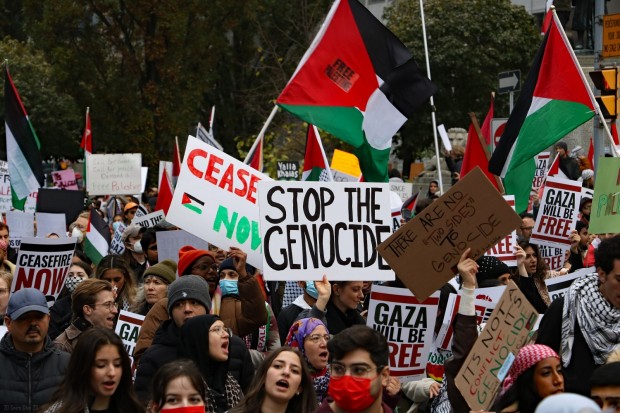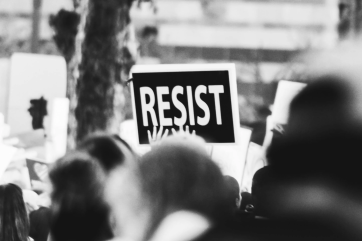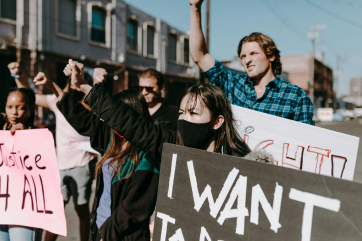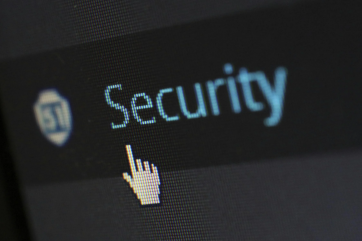Six months after the Israel-Hamas war sparked a new wave of campus activism in the United States, students continued to protest fervently. However, at some institutions, administrators are responding to student demonstrators-especially those supporting Palestinians-with increasingly severe discipline.

(Photo : WIKIMEDIA COMMONS / Can Pac Swire)
Campus Clashes: Protesters and Arrests
In March, Vanderbilt University police detained four students and a local journalist following a protest that seized control of the chancellor's office. They demanded the administration restore an Israeli divestment-related amendment removed from the student government ballot. Subsequently, three students were expelled, and others received suspensions or disciplinary probation.
Shortly after, 20 students at Pomona College in California were arrested, with some facing suspension, after masked protesters from the Pomona Divest from Apartheid coalition stormed the president's office. This action was allegedly accompanied by a racial slur directed at an administrator.
Rutgers University at Brunswick's Students for Justice in Palestine chapter canceled a planned walkout after administrators reportedly warned of possible suspension or expulsion.
Political and Donor Pressure
These clashes and disciplinary actions reflect past campus climates during the Civil Rights Movement, the Vietnam War, and the apartheid era in South Africa. What has changed is the mounting pressure from politicians and donors on college leaders to support specific viewpoints.
According to Tom Ginsburg, a law professor at the University of Chicago, the outside pressures are larger and more significant than in recent memory. He notes that incidents of students shouting down campus speakers they disagree with have changed the academic culture negatively. University leaders find themselves caught in the middle, facing pressure from various quarters.
This pressure will likely be evident as Minouche Shafik, president of Columbia University, and its Board of Trustees testify before the House Education and Workforce Committee about the university's response to antisemitism. Previous hearings criticized university presidents for equivocating on issues related to antisemitism.
Response to Antisemitism and Student Activism
Columbia University has suspended students for holding an unauthorized panel discussion called "Resistance 101," featuring speakers from pro-Palestinian groups Within Our Lifetime, Masar Badil, and the Samidoun Palestinian Prisoner Solidarity Network. Shafik characterized the speakers as "support[ing] terrorism and promot[ing] violence," calling the event an "abhorrent breach of our values."
However, Columbia's response to campus antisemitism is under investigation, not only by the House committee but also by the U.S. Department of Education's Office for Civil Rights, along with numerous other institutions.
Zachary Greenberg, from the Foundation for Individual Rights and Expression, notes a shift from warnings and probations to suspensions and arrests. He suggests that universities may be preemptively cracking down on protests ahead of commencement ceremonies to avoid disruptions during these high-profile events.
Free Speech and Safety Concerns
The debate around free speech versus safety concerns intensifies as universities grapple with how to respond to disruptive protests. At Vanderbilt, where some student protesters were arrested, the campus is engaged in a debate about whether the university's response was a violation of free speech.
Daniel Diermeier, chancellor of Vanderbilt University, defended the decision to arrest some students after they allegedly assaulted a community service officer and shoved staff members during their protest. He emphasized the university's duty to maintain safety and normal operations.
However, critics argue that the punishments were too severe and inconsistent with Vanderbilt's commitment to free speech. They contend that the criterion that student protests must not 'disrupt' university operations is vague and expansive.
The Role of DEI and Political Climate
The political climate has shifted from the 2010s, when universities responded to demands for diversity, equity, and inclusion (DEI) with pledges to expand such efforts. In recent years, conservative efforts to ban DEI programs in higher education have gained traction, influencing university responses to antisemitism and student activism.
Walter F. Heinecke, from the University of Virginia, notes that some lawmakers are using antisemitism as a vehicle to undermine DEI commitments. This trend, coupled with political influences, has led to unequal punishments for pro-Palestinian faculty and student protesters.
The clash between student activism and institutional responses reflects a broader societal divide. While universities aim to uphold free speech and safety, they face pressure from various stakeholders. The outcomes of these clashes will likely shape campus activism and free speech debates for years to come.
RELATED ARTICLE: UT Dallas Removes Campus Tradition Spirit Rocks Amid Israel-Hamas Debate








